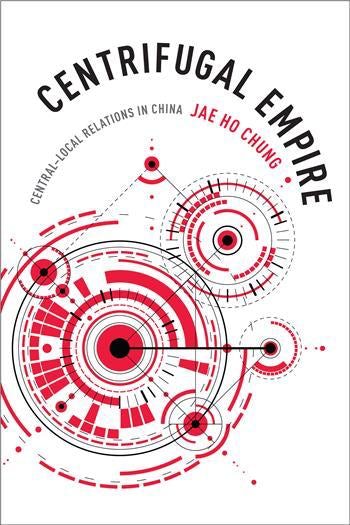Despite the destabilizing potential of governing of a vast territory and a large multicultural population, the centralized government of the People's Republic of China has held together for decades, resisting efforts at local autonomy. By analyzing Beijing's strategies for maintaining control even in the reformist post-Mao era, Centrifugal Empire reveals the unique thinking behind China's approach to local governance, its historical roots, and its deflection of divergent interests.
Centrifugal Empire examines the logic, mode, and instrument of local governance established by the People's Republic, and then compares the current system to the practices of its dynastic predecessors. The result is an expansive portrait of Chinese leaders' attitudes toward regional autonomy and local challenges, one concerned with territory-specific preoccupations and manifesting in constant searches for an optimal design of control. Jae Ho Chung reveals how current communist instruments of local governance echo imperial institutions, while exposing the Leninist regime's savvy adaptation to contemporary issues and its need for more sophisticated inter-local networks to keep its unitary rule intact. He casts the challenges to China's central–local relations as perennial, since the dilution of the system's "socialist" or "Communist" character will only accentuate its fundamentally Chinese—or centrifugal—nature.
- Table of Contents
- List of Figures and Tables
- Preface
- 1. China as a Centrifugal Empire: Size, Diversity, and Local Governance
- 2. China Goes Local (Again): Assessing Post-Mao Decentralization
- 3. The Subnational Hierarchy in Time: Institutional Changes (and Continuities)
- 4. The Center’s Perceptions of Local Bureaucracy in China: A Typological First-Cut
- 5. The Center’s Instruments of Local Control
- 6. Determinants of Local Discretion in Implementation: Exploring Policy-Contingent Variations
- 7. The Political Economy of Vertical Support and Horizontal Networks
- 8. Conclusion
- Notes
- Index

